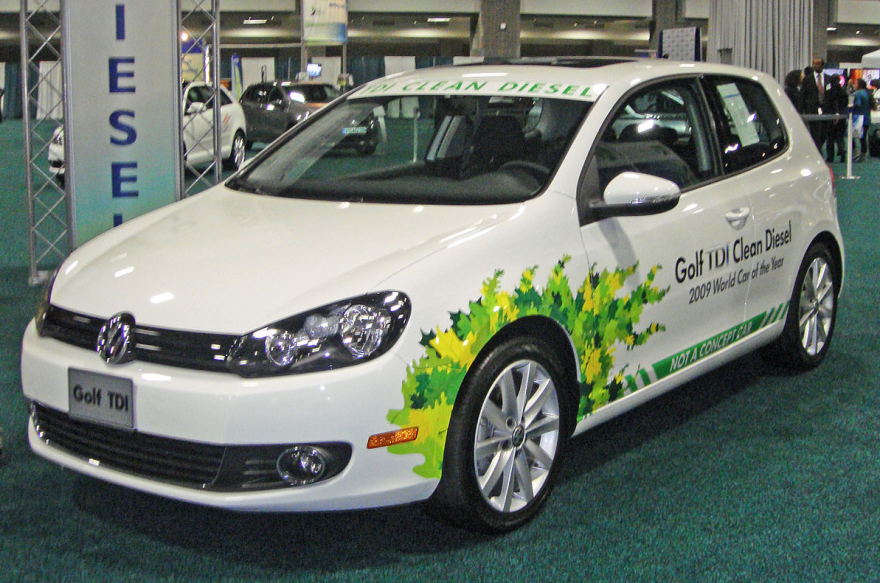State environmental officials on Tuesday announced how they plan to spend Utah’s share of a $15.7 billion national settlement from the Volkswagen emissions-tampering scandal.
The $35 million coming to Utah will pay for school buses and other government vehicles that run cleaner, with a small portion of the money going to electric vehicle charging equipment.
“It’s not going to be the panacea that solves our air quality problem,” said Alan Matheson, director of the Utah Department of Environmental Quality. “But we think that it will be a meaningful step in the right direction.”
The money is part of a nationwide settlement with the German carmaker. The Environmental Protection Agency found that Volkswagen had installed “software cheats” in 580,000 vehicles that activated during emissions testing. The result was emissions that met federal regulatory limits during testing but while the vehicles were actually being driven.
In Utah, around 7,000 vehicles cheated the tests and pumped excess pollution into Utah’s air, state environmental regulators have estimated.
And the state's plan for the settlement money comes the day after German police arrested Rupert Stadler, the CEO of Audi, in connection with the emissions-cheating scandal.
State Rep. Stephen Handy, R-Layton, was part of an advisory group of advocates, government officials and business organizations that suggested the best uses for Utah’s share of the money. He said he was pleased lawmakers earmarked it for air quality.
“The Legislature protected it, didn’t try to raid it,” said Handy, who has advocated for years to update school buses and other transportation with clean-emissions equipment. “These funds are going to get out and working to improve health and improve our air quality.”
Ashley Soltysiak, executive director of the Utah Chapter of the Sierra Club, was also a member of the settlement advisory committee.
“Leveraging these funds in a way that is the most impactful and can reduce the emissions to our air shed is just absolutely critical moving forward,” she said.
Soltysiak was one of the advisory board members who wanted more of Utah’s portion to pay for electric-vehicle charging equipment. Others wanted businesses to have the opportunity to apply for grants, but they were also disappointed by the final plan.
The state Division of Air Quality plans to ask government agencies to chip in funding to augment the settlement payment.
Matheson added that this funding won’t solve Utah’s winter smog or summer ozone pollution.
“This settlement and the actions that each of us take will continue to reduce emissions and give us healthier air,” he said. “That’s the goal that we all have.”




